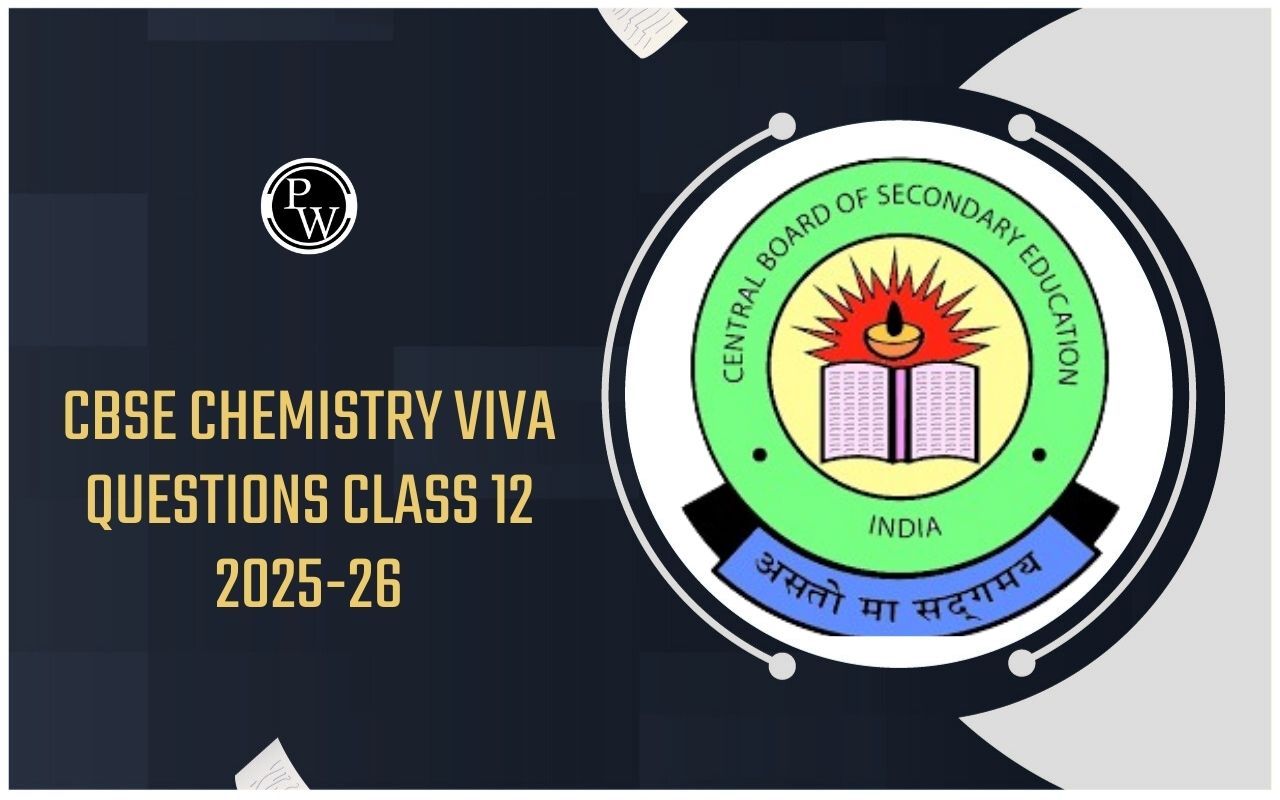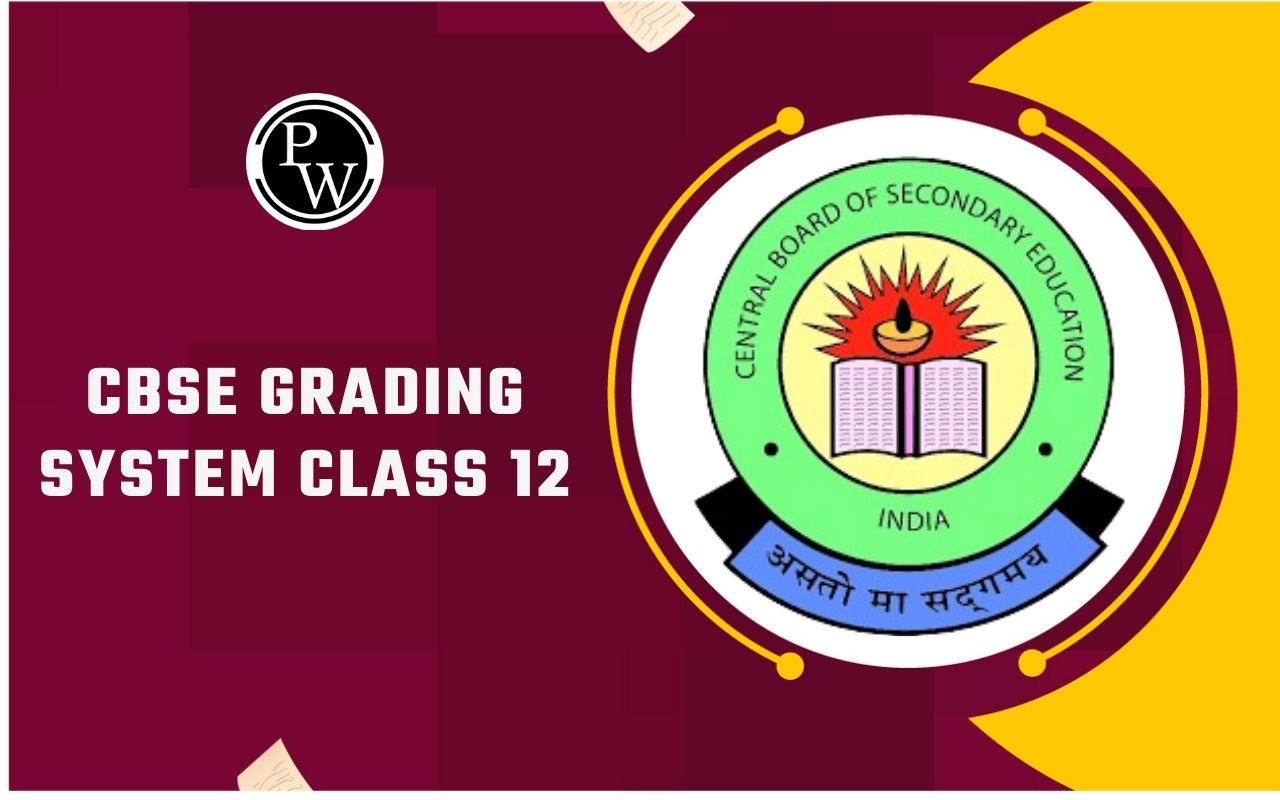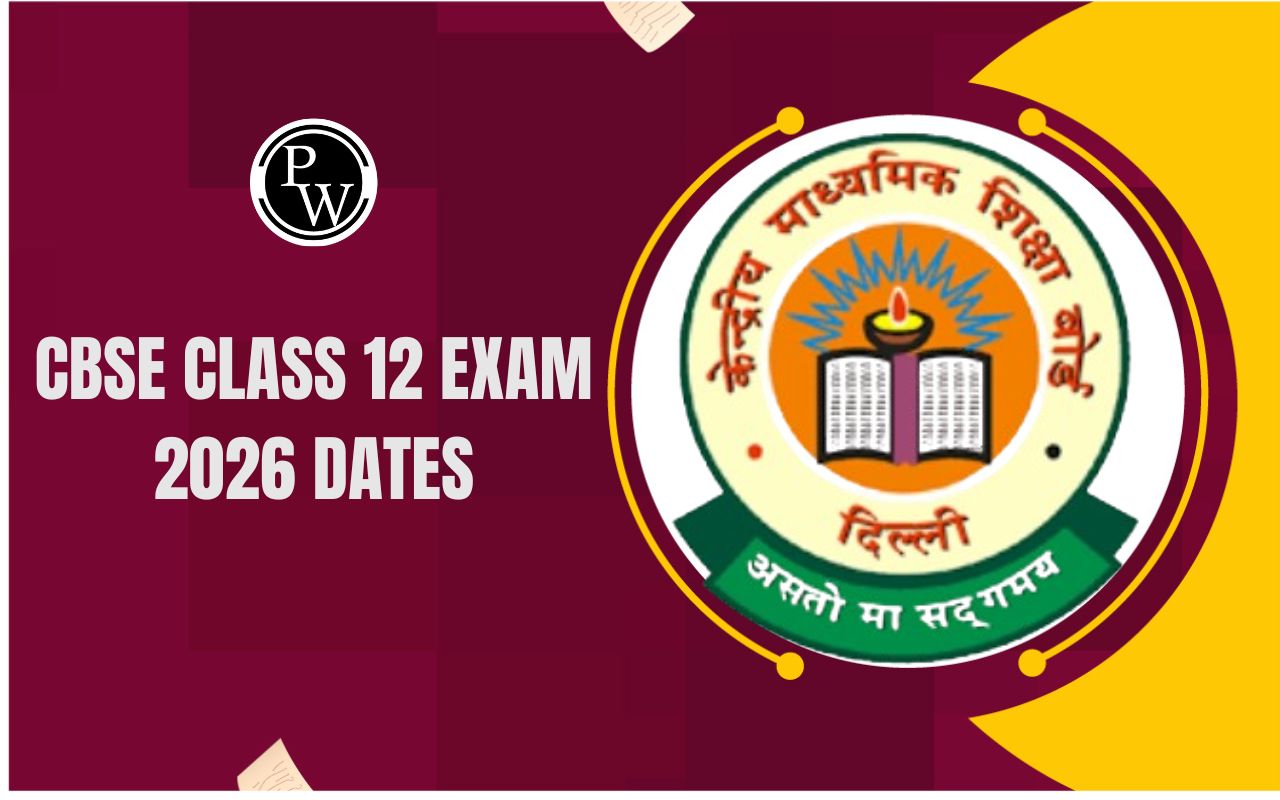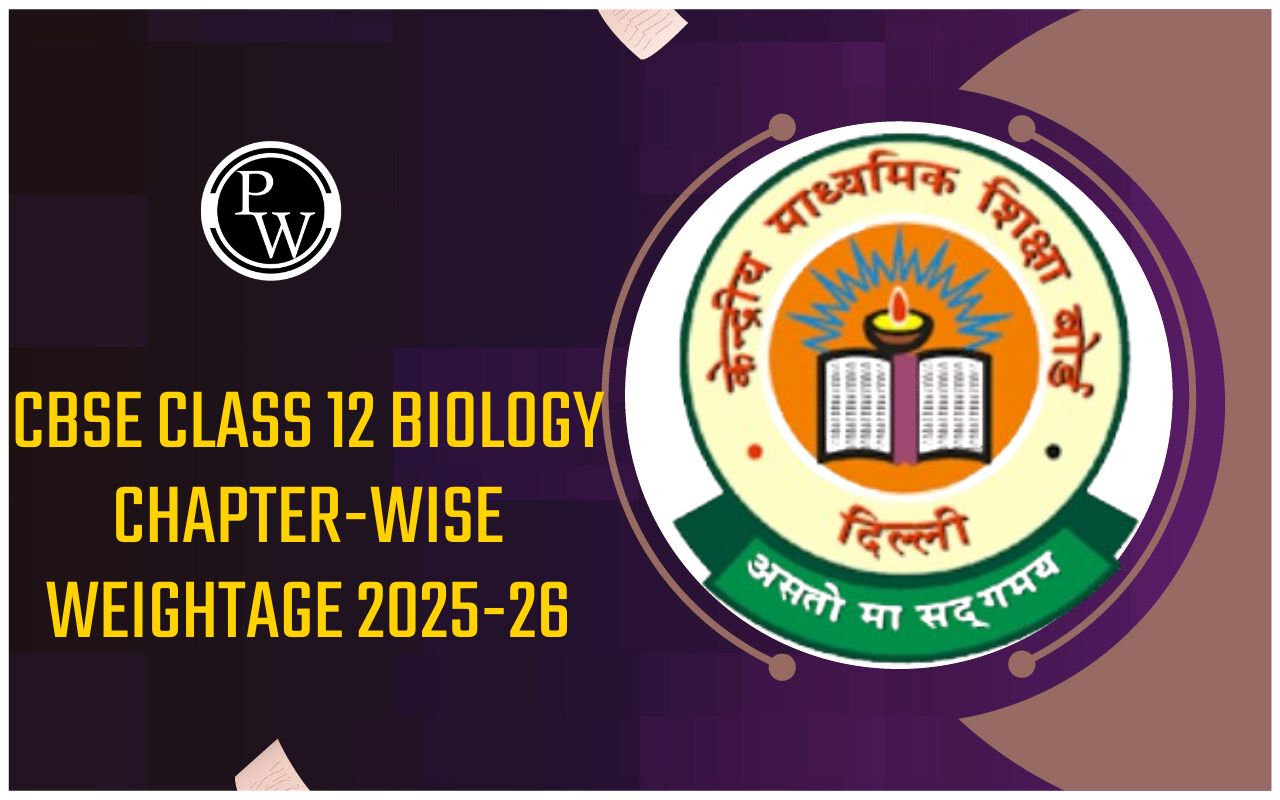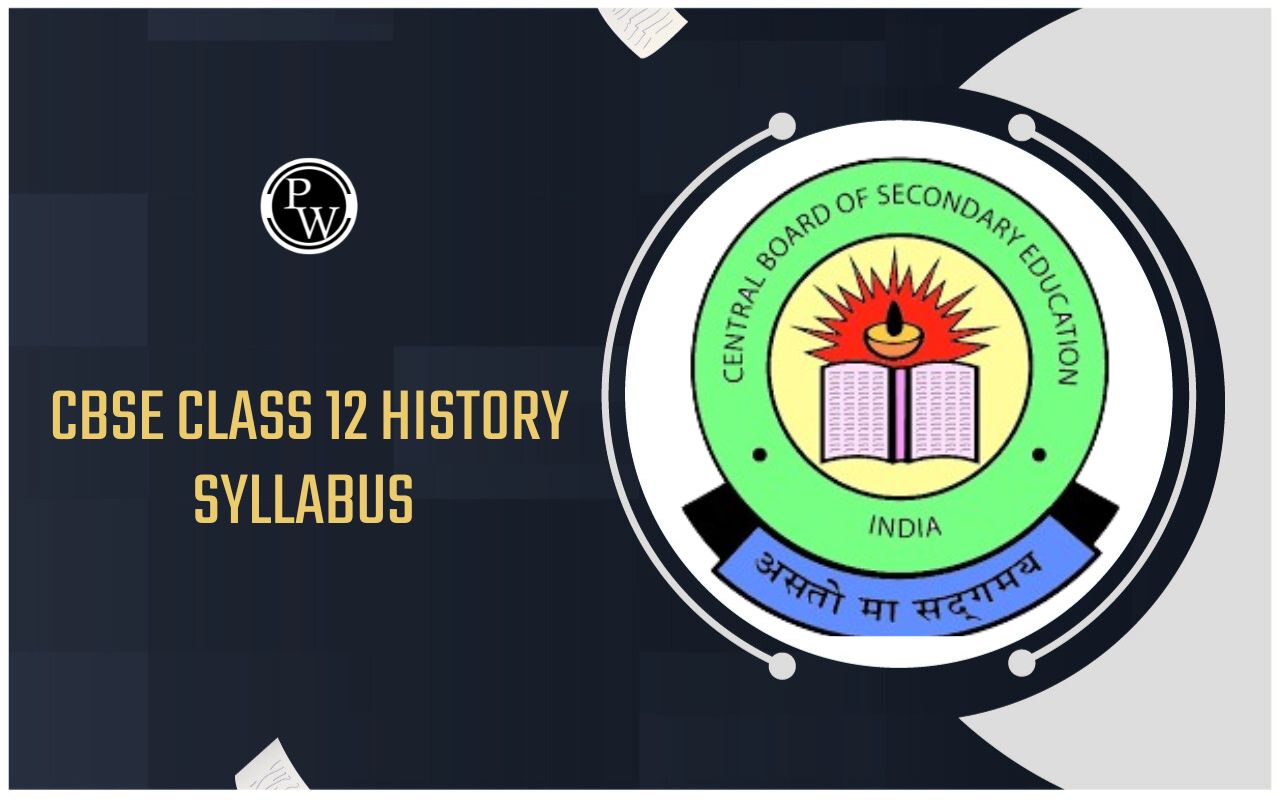
NCERT Solutions For Class 12 Biology: The NCERT Solutions for Class 12 Biology are an important resource for students preparing for their theory exams. These solutions provide precise and detailed answers to all the questions in the NCERT textbook making it easier for students to understand even the most challenging concepts. Covering all chapters systematically the solutions provide in-depth explanations and logical reasoning, ensuring that students develop a strong grasp of the subject matter.
With their emphasis on clarity and accuracy, these solutions not only help students in their board exams but also prepare them for competitive exams like NEET. By practicing these solutions regularly, students can improve their problem-solving skills enhance their conceptual understanding and gain confidence in writing well-structured answers during exams.NCERT Solutions For Class 12 Biology Overview
Here’s a brief overview of each chapter in NCERT Solutions for Class 12 Biology:NCERT Solutions For Class 12 Biology Chapter 1 - Sexual Reproduction in Flowering Plants
This chapter covers the processes of sexual reproduction in plants, including pollination, fertilization, and seed formation. It also discusses various types of pollination and the structure of flowers.NCERT Solutions For Class 12 Biology Chapter 2 - Human Reproduction
It focuses on the reproductive system in humans, including male and female reproductive organs, gametogenesis (spermatogenesis and oogenesis), and the stages of pregnancy and childbirth.NCERT Solutions For Class 12 Biology Chapter 3 - Reproductive Health
This chapter deals with the importance of reproductive health, contraception methods, sexually transmitted diseases (STDs), and medical termination of pregnancy. It emphasizes family planning and healthcare.NCERT Solutions For Class 12 Biology Chapter 4 - Principles of Inheritance and Variation
It introduces Mendel's laws of inheritance, genetic disorders, and the concepts of dominant and recessive traits. The chapter also covers genetic recombination and the significance of variations in a population.NCERT Solutions For Class 12 Biology Chapter 5 - Molecular Basis of Inheritance
This chapter explains the structure and functions of DNA, the genetic material. It covers DNA replication, transcription, translation, and the genetic code, along with the role of RNA in protein synthesis.NCERT Solutions For Class 12 Biology Chapter 6 - Evolution
The chapter discusses the theories of evolution, including Darwin’s theory of natural selection, and the evidence supporting evolutionary processes such as fossils, embryology, and comparative anatomy.NCERT Solutions For Class 12 Biology Chapter 7 - Human Health and Disease
It covers various human diseases, their causes, prevention, and treatment methods. Topics include infectious diseases, immunity, vaccines, and the role of lifestyle in health management.NCERT Solutions For Class 12 Biology Chapter 8 - Microbes in Human Welfare
This chapter explains the beneficial uses of microbes in various industries, including the production of antibiotics, food, and enzymes. It also discusses their role in nitrogen fixation and waste management.NCERT Solutions For Class 12 Biology Chapter 9 - Biotechnology Principles and Processes
It covers the principles of biotechnology, including genetic engineering, recombinant DNA technology, and the processes involved in cloning and gene transfer.NCERT Solutions For Class 12 Biology Chapter 10 - Biotechnology and Its Applications
The chapter discusses the applications of biotechnology in fields like agriculture (GM crops), medicine (gene therapy), and industry (bioreactors and enzymes).NCERT Solutions For Class 12 Biology Chapter 11 - Organisms and Populations
This chapter deals with ecological concepts related to organisms and populations, including population growth, ecological pyramids, and the interactions between organisms and their environment.NCERT Solutions For Class 12 Biology Chapter 12 - Ecosystem
The chapter explains the structure and functioning of ecosystems, including energy flow, nutrient cycles (carbon, nitrogen), and the roles of producers, consumers, and decomposers in an ecosystem.NCERT Solutions For Class 12 Biology Chapter 13 - Biodiversity and Conservation
It covers the importance of biodiversity, its threats, and conservation strategies. Topics include biodiversity hotspots, the need for conservation, and the role of protected areas and legal frameworks.NCERT Solutions For Class 12 Biology Chapter Wise PDF
NCERT Solutions For Class 12 Biology FAQs
How can NCERT Solutions help in exam preparation?
Do I need to refer to other study materials along with NCERT Solutions?
Are NCERT Solutions helpful for competitive exams like NEET?
Are these solutions aligned with the latest CBSE syllabus?

